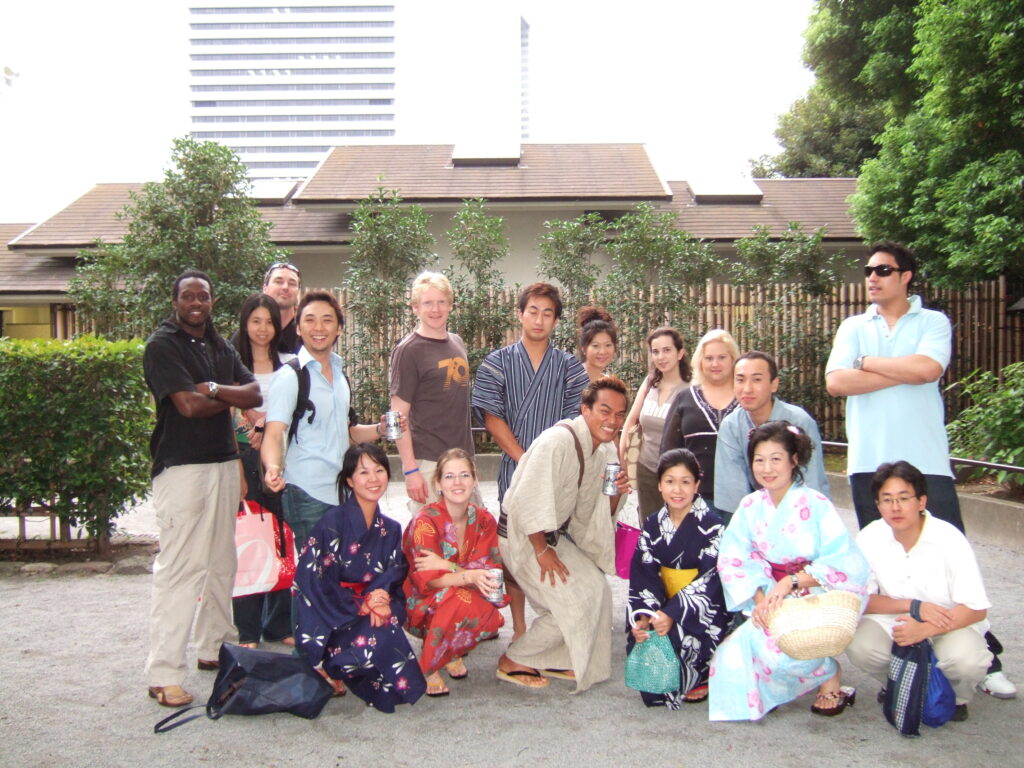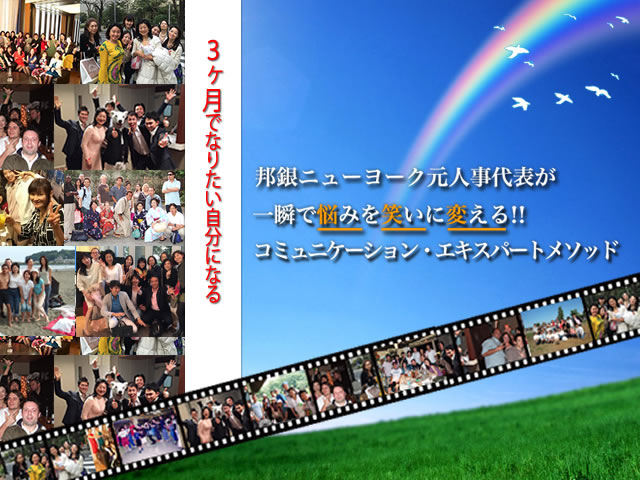私は現在、東京都の「外国人社員とのコミュニケーション力向上支援事業」のセミナー・研修講師を務めています。
先日、参加企業の方々から「海外とのやり取りで現場が疲弊している」との声をいただきました。
たとえば──
・海外支店と合意した納期は、毎回2か月ほど遅延
・方向性の変更も連絡なく、現場は日本の取引先に説明できず困惑
・Web会議では、英語ネイティブの早口発言についていけず、内容も確認できずに流れてしまう
・聞き返すのを躊躇してしまい、後からメールでやり取りし直している
これは、ただの「語学力」の問題ではなく、
「異文化理解」「相互配慮」「意見を伝える力」が不足していることの表れです。
日本のビジネスは、「時間通り・段取り通り」が前提。
しかし海外では、それが“前提ではない”文化も多く存在します。
このギャップを埋めるために必要なのが、「英語を道具として使いこなす力」×「異文化対応力」です。
現場で働くビジネスパーソンが、英語の聞き取り疲れから解放され、
「言いたいことがあるけど…」を乗り越え、対等に発言出来るようになること。
それが、海外チームや外国人社員との信頼関係構築の第一歩です。
企業全体のパフォーマンスを支えるのは、現場の“静かな対話力”です。
英語力に加え、「相手と向き合える対話力」を育てていきませんか?
あなたのご意見をお寄せください。
https://lin.ee/Gsm9soM
🌍“Quiet business problems” caused by miscommunication with overseas partners
── Improving communication skills in the workplace through cross-cultural understanding and English language skills
I am currently working as a seminar and training instructor for the Tokyo Metropolitan Government’s “Support Program for Improving Communication Skills with Foreign Employees.”
Recently, participants from participating companies shared concerns that “on-site teams are becoming exhausted due to communication issues with overseas counterparts.”
For example:
- Delivery deadlines agreed upon with overseas branches are consistently delayed by about two months.
- Changes in direction are made without prior notice, leaving on-site teams unable to explain the changes to Japanese clients and causing confusion.
- During web conferences, on-site teams struggle to keep up with the fast-paced speech of English native speakers, resulting in missed information and unclear discussions.
- Japanese are hesitate to ask for clarification and end up re-communicating via email later.
This is not merely a “language proficiency” issue,
but rather a manifestation of insufficient “cross-cultural understanding,” “mutual consideration,” and “the ability to convey opinions.”
In Japanese business, “on time” and “as planned” are taken for granted.
However, in many overseas cultures, these are not taken for granted.
What is needed to bridge this gap is the ability to “master English as a tool” × “cross-cultural adaptability.”
For business professionals working on-site to be freed from the fatigue of listening to fast-talking English, overcome the barrier of “I have something to say but…” and speak on equal terms.
This is the first step toward building trust with overseas teams and foreign employees.
The performance of the entire company is supported by the “quiet communication skills” of those on the front lines.
In addition to English proficiency, why not cultivate the ability to engage in meaningful dialogue with others?
Please share your thoughts with me.
https://lin.ee/Gsm9soM
#Cross-cultural communication #Business English #Global Talent Development #Coexistence with Foreign Employees #Tokyo Metropolitan Government Support Program #English Proficiency on the Front Lines #Diversity Management


















COMMENT